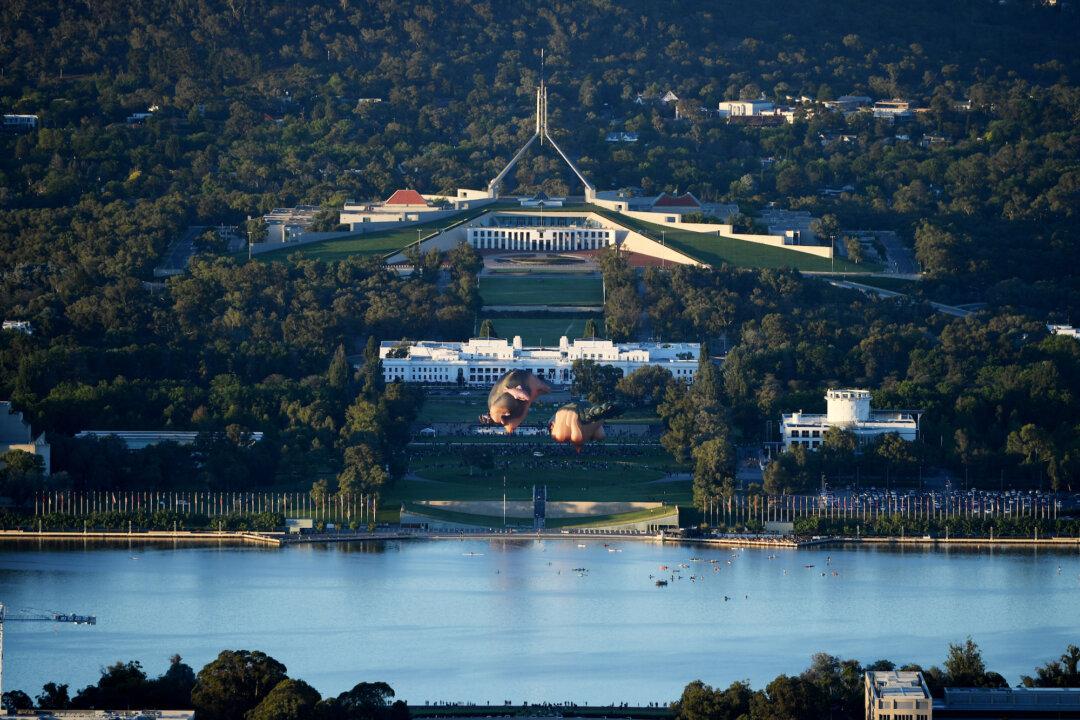Australian federal politicians could be hit with sanctions for bullying behaviour or harassment under an overhaul aimed at making the halls of Parliament power safer for women.
It’s one of the 28 recommendations from a damning review that found one-third of people working in Parliament House and federal politicians’ offices have been sexually harassed.





